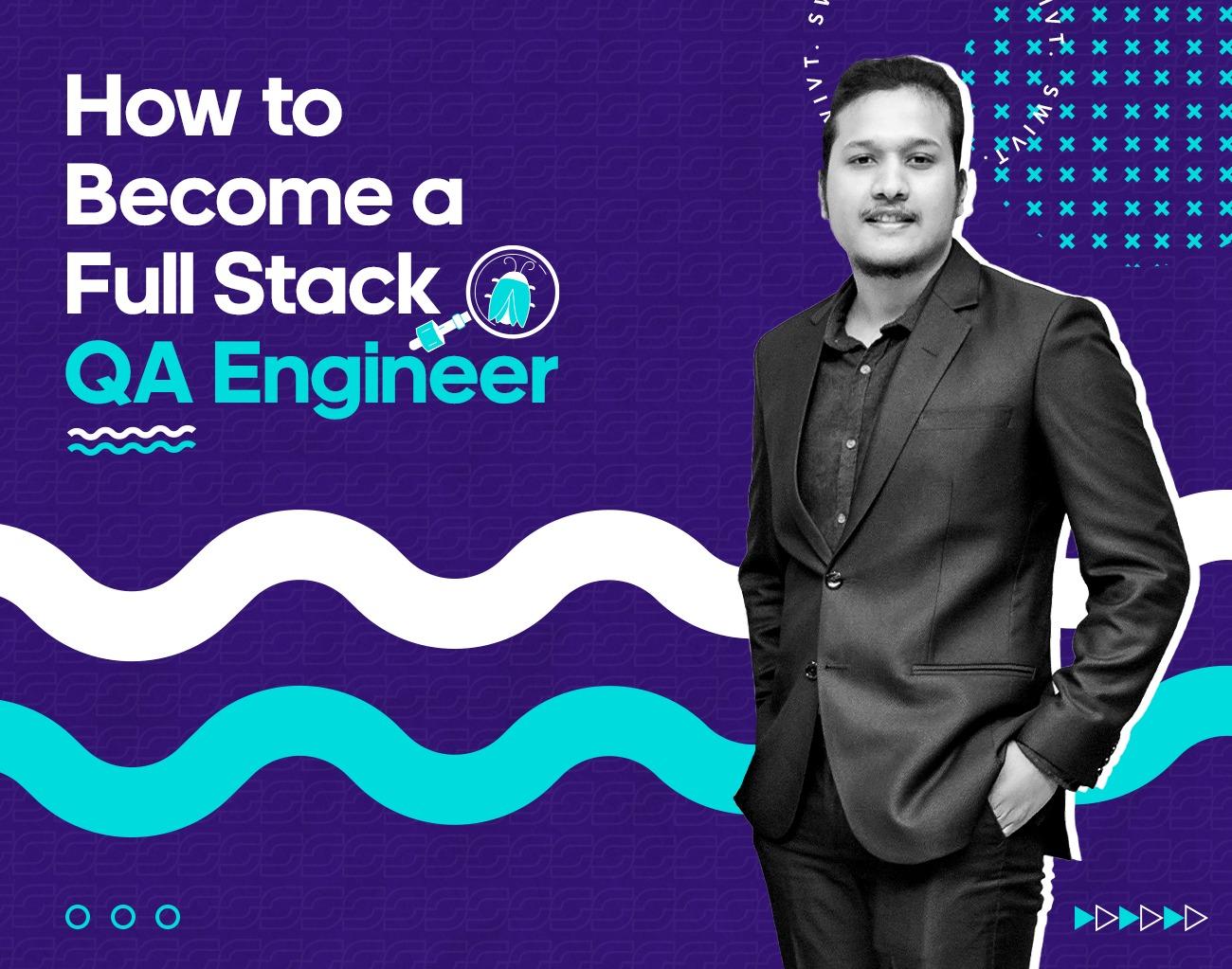Roadmap to be QA Engineer
With 4 years of hands-on experience as a Quality Assurance engineer, specialising in both manual and automation testing, I have possessed a strong foundation in ensuring product quality. As a QA Engineer, our role revolves around detecting and resolving bugs in products or programs before their launch, working closely with developers to implement necessary fixes.
If you are also a fellow QA enthusiast, this article will provide you the full roadmap of how to become a QA engineer like me.
Introduction
Quality Assurance (QA) is a systematic process that focuses on ensuring that a product or service meets defined quality standards and customer expectations. It involves activities and techniques to prevent defects, errors, or inconsistencies in products, services, or processes.
The primary objectives of quality assurance are to:
- Define quality standards: QA establishes specific criteria and requirements that need to be met for a product or service to be considered of high quality. These standards can be industry-specific, regulatory, or based on customer expectations.
- Plan and implement quality control processes: QA involves developing and implementing processes and procedures to monitor and control quality throughout the product or service lifecycle. This can include creating quality control plans, conducting inspections and audits, and setting up testing methodologies.
- Identify and mitigate risks: QA helps identify potential risks or issues affecting the quality and implements measures to mitigate them. This may involve analysing processes, identifying weak points, and implementing preventive actions to reduce the likelihood of quality problems.
- Conduct testing and validation: QA includes various testing activities to ensure that products or services meet quality standards. This can involve functional testing, performance testing, usability testing, and other forms of validation to identify any defects or deviations from the desired quality level.
- Continuous improvement: QA promotes a culture of continuous improvement by gathering feedback, analysing quality metrics, and using insights to drive enhancements in processes and products. This iterative approach aims to achieve higher quality levels over time.
Quality assurance is crucial across industries, including manufacturing, software development, healthcare, construction, and more. It plays a vital role in building customer trust, reducing costs associated with rework or defects, and enhancing overall customer satisfaction.
Things to know to become a successful Quality Assurance Engineer:
To become a Quality Assurance (QA) engineer, there are several key areas of knowledge and skills that you should focus on. Here are some important things to know:
- Software Development Life Cycle (SDLC): Understand the different phases of the software development process, including requirements gathering, design, development, testing, deployment, and maintenance. Familiarise yourself with various SDLC models such as Waterfall, Agile, and DevOps.
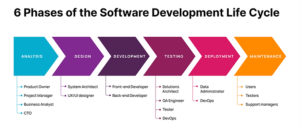 Reference Link: https://www.tutorialspoint.com/sdlc/sdlc_overview.htm
Reference Link: https://www.tutorialspoint.com/sdlc/sdlc_overview.htm
- Testing Principles and Techniques: Gain knowledge of fundamental testing concepts, methodologies, and techniques. Learn about test planning, test case design, test execution, defect tracking, and test reporting. Familiarize yourself with various types of testing, such as functional testing, regression testing, performance testing, and usability testing.
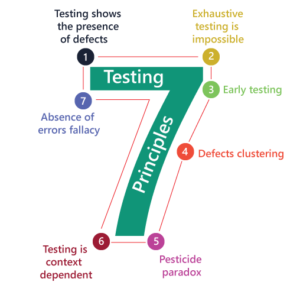 Reference Link: https://www.javatpoint.com/software-testing-principles
Reference Link: https://www.javatpoint.com/software-testing-principles
- Test Automation: Acquire skills in test automation frameworks, tools, and scripting languages. Popular tools include Selenium, Appium, JUnit, TestNG, Cucumber, and others. Learn programming languages such as Java, Python, or C# to write test scripts.
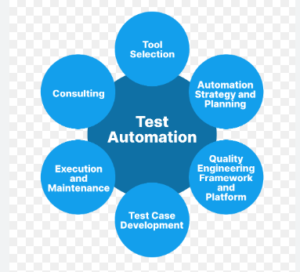
Reference Link: https://infuse.it/quality-engineering/test-automation/
- Quality Assurance Processes and Standards: Understand quality assurance processes, including defining quality standards, conducting quality reviews, and implementing quality control measures. Familiarise yourself with industry standards such as ISO 9001 for quality management systems.
- Bug Tracking and Management: Learn how to effectively log, track, and manage defects or issues using bug-tracking tools like Jira, Bugzilla, or Trello. Understand the lifecycle of a bug, from identification to resolution and closure.
- Testing Environments and Tools: Gain familiarity with different testing environments, such as development, staging, and production. Understand the use of virtual machines, containers, or cloud-based testing environments. Explore tools for continuous integration and continuous delivery (CI/CD) such as Jenkins, GitLab, or Travis CI.
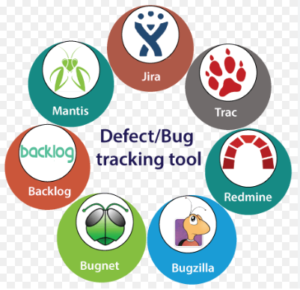
- Communication and Collaboration: Develop strong communication and collaboration skills to effectively work with cross-functional teams, including developers, product managers, and business stakeholders. Clear communication is essential for understanding requirements, reporting bugs, and providing feedback.
- Domain Knowledge: Depending on the industry you work in, it’s beneficial to gain domain-specific knowledge. This includes understanding the business domain, industry-specific regulations, and customer expectations. For example, if you work in healthcare, knowledge of HIPAA regulations would be valuable.
- Analytical and Problem-Solving Skills: QA engineers need strong analytical and problem-solving skills to identify issues, troubleshoot problems, and suggest solutions. Develop the ability to think critically, analyse data, and make informed decisions based on evidence.
- Continuous Learning: Stay updated with the latest trends, tools, and practices in the QA field. Join professional communities, attend conferences or webinars, and explore online resources to keep expanding your knowledge and skills.
Remember, practical experience and hands-on projects are equally important to apply the knowledge you acquire. Consider working on personal projects or contributing to open-source projects to gain practical experience in quality assurance.

